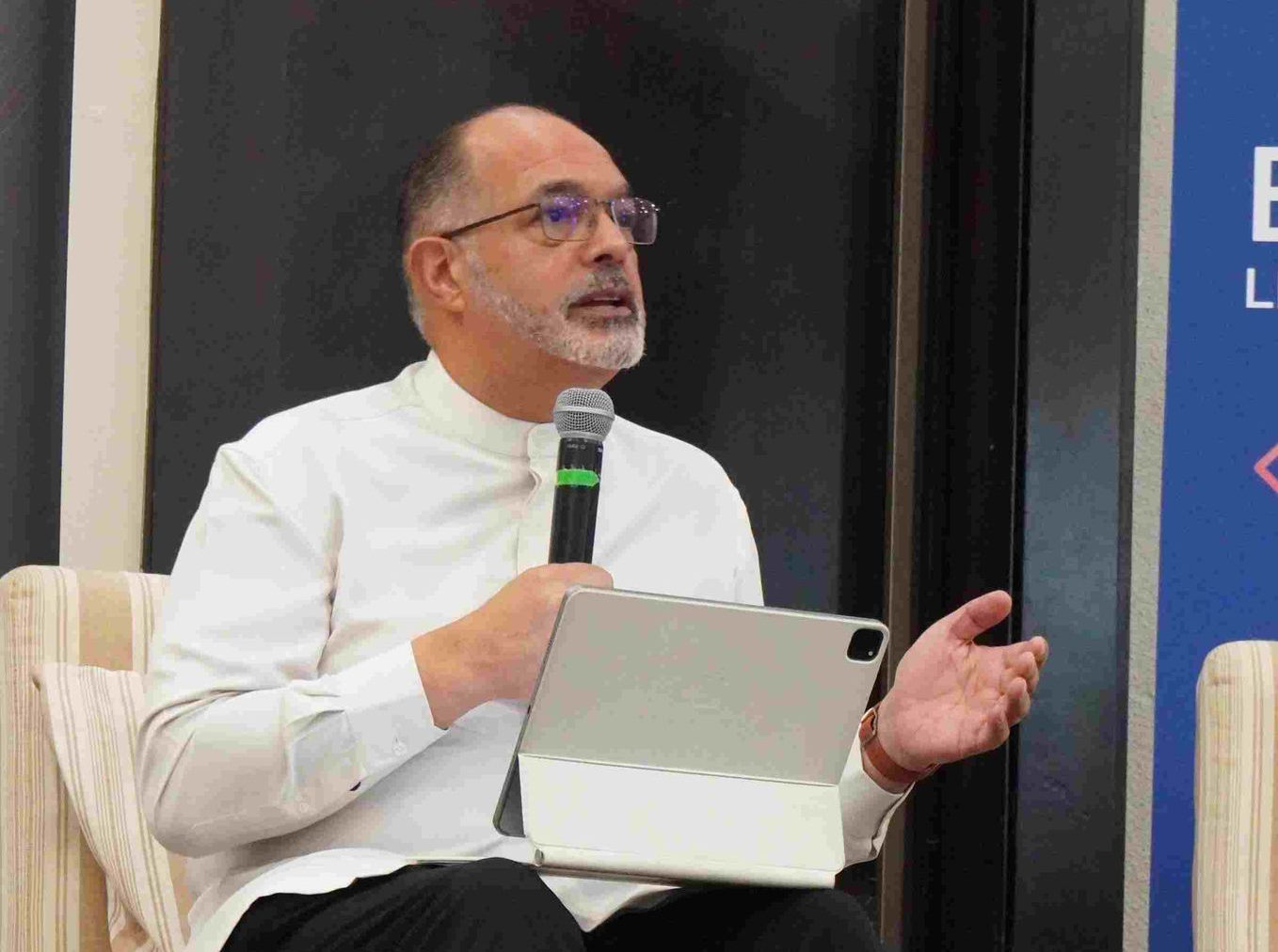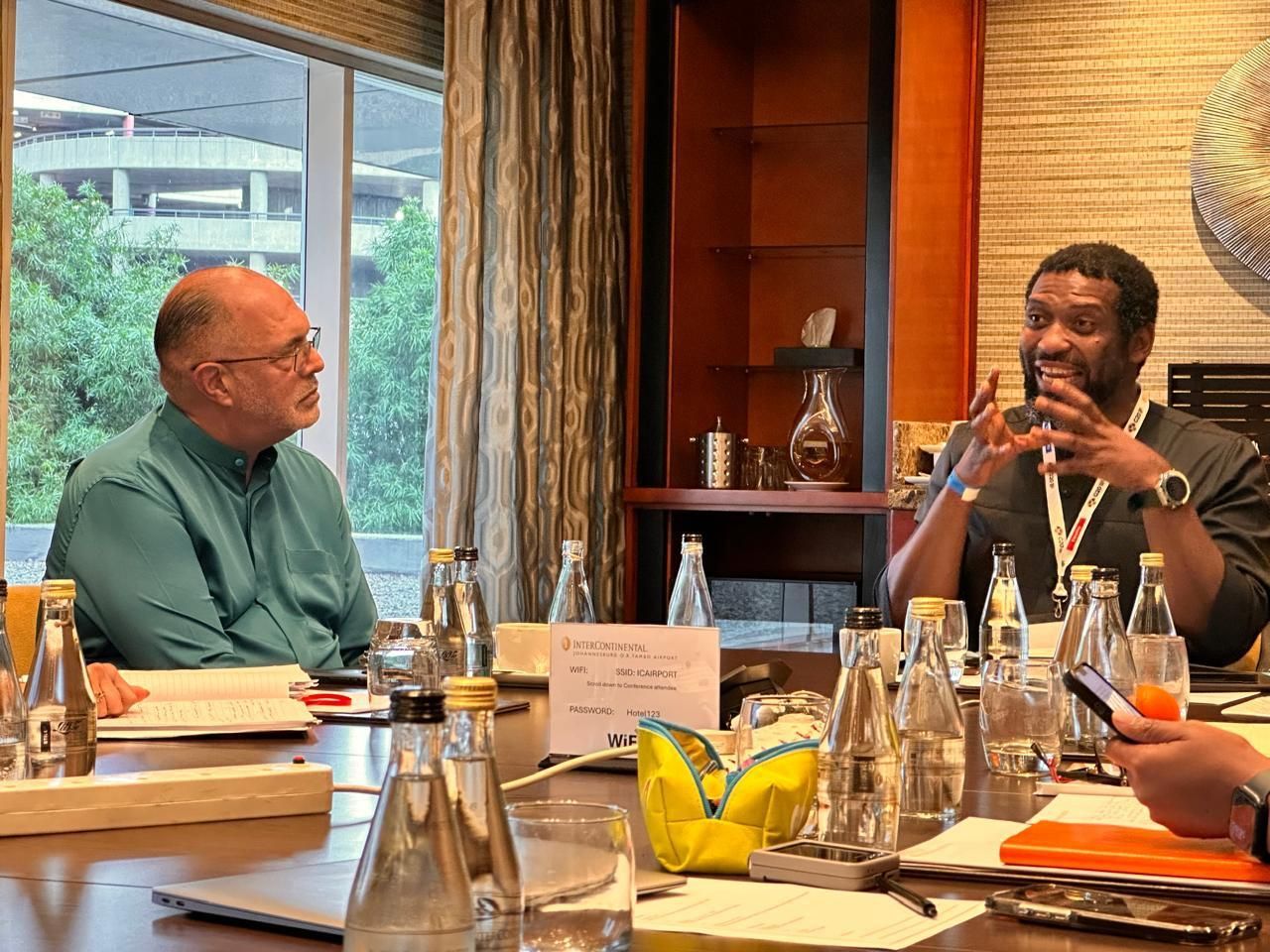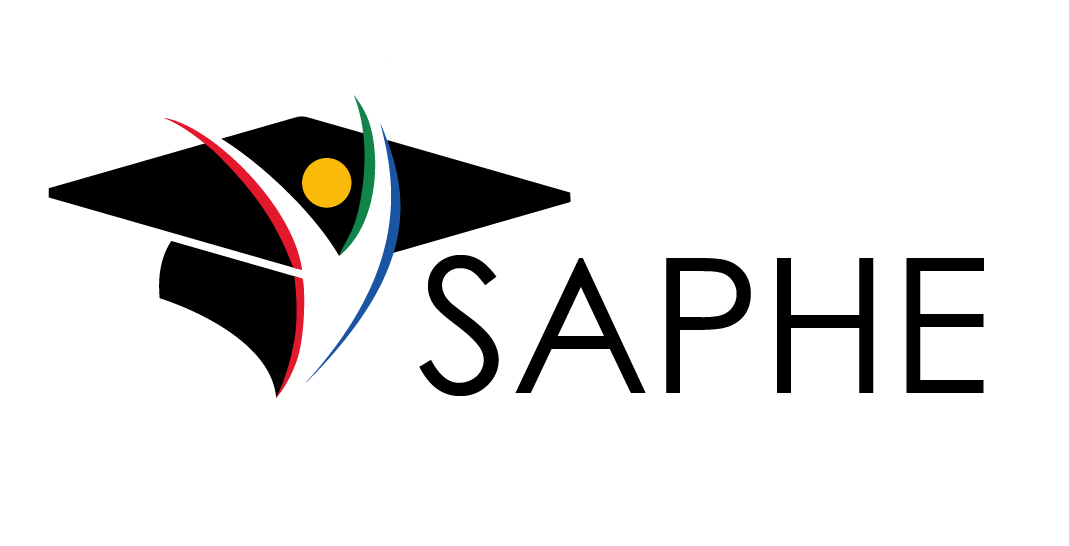Celebrating the success of the matric class of 2024

The Association for South African Private Higher Education (SAPHE) proudly congratulates the matric class of 2024 on achieving a remarkable 87.3% pass rate, the highest ever recorded. This accomplishment includes an impressive 47.8% Bachelor’s pass rate, opening pathways for 337 158 matriculants to pursue Bachelor studies. As they begin an exciting new chapter, SAPHE invites them to consider the diverse opportunities within South Africa’s private higher education sector.
Exploring private higher education
Why choose private higher education? Private higher education institutions (PHEIs) offer a range of compelling advantages:
- Responsive and relevant: PHEIs are renowned for their responsiveness to market demands, ensuring that graduates possess the skills and knowledge most employers seek.
- Flexible learning options: Whether students prefer part-time, full-time, contact, online, or blended learning formats, PHEIs provide flexible options to accommodate individual circumstances.
- Tailored education: From large multidisciplinary institutions to niche providers specialising in fields like business, IT, creative design, and more, PHEIs cater to a wide range of interests and career goals.
- Affordability: Contrary to popular belief, PHEIs offer many cost-sensitive programme options, making quality education accessible to a broader student base.
- Personalised learning: Smaller class sizes at many PHEIs foster a more personal and engaged learning environment, facilitating a smoother transition from school to tertiary education.
Quality Assurance and Accreditation
All PHEIs registered with the Department of Higher Education and Training (DHET) and offering programmes accredited by the Council on Higher Education (CHE) adhere to rigorous quality standards comparable to those of public universities. These qualifications are nationally recognised and valued.
Nancy-Anne Anderson, CEO of SAPHE, emphasises that SAPHE members are all registered with the DHET and deliver education that meets national standards. Students and parents can find a list of SAPHE member institutions on the SAPHE website, while a comprehensive directory of registered PHEIs is available on the DHET website.
Strengthening South Africa’s Higher Education Sector
Dr Carin Stoltz-Urban, Chairperson of the SAPHE Board, highlights the vital role PHEIs play in bolstering South Africa’s higher education landscape. “Together with public universities, PHEIs contribute to the development of a skilled workforce that drives the country’s socio-economic progress,” she explains.
Apply now for 2025
The private higher education sector continues to welcome applications for the 2025 academic year. Many PHEIs still have spaces available across various disciplines, providing an excellent opportunity for students eager to begin their studies without delay.



